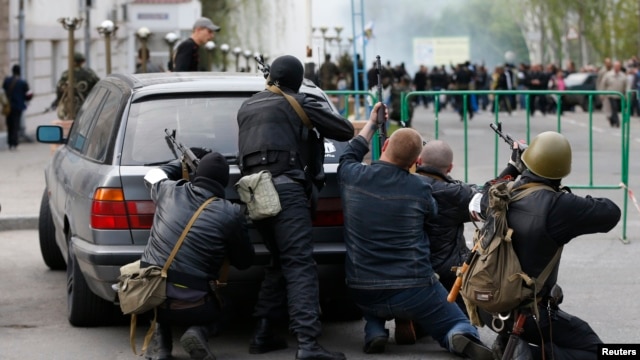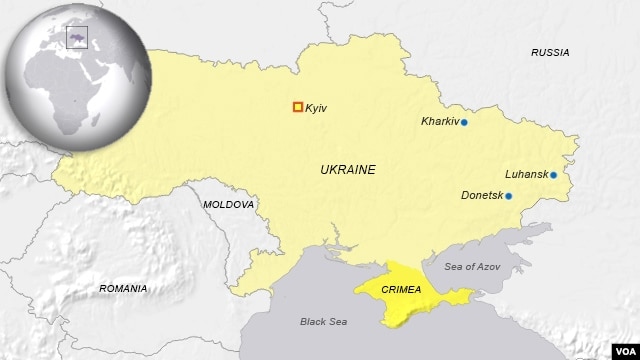Hudak et al need to sharpen their pencils, bring out an alternative budget that will make Ontario the powerhouse that Canada needs it to be. Unlike the Liberals taxes on corporations would go down under a Hudak government, thus making them more competitive on the world markets. This would lead to employment gains, more income taxes and more money being spent in their local economies, win/win!
What Ontario doesn't need right now is to be piling on more debt, further kicking the can down the road where our youth will have to pay it back. Do these politicians not see the problem that they are creating, how can they do this to their children and grandchildren? Ontario needs change, let's hope Hudak comes through this time around....
From the Toronto Sun:
Liberals table budget with $12.5B deficit
314BY ANTONELLA ARTUSO ,QUEEN'S PARK BUREAU CHIEF
Ontario Liberals Release Budget
IMAGE 1 OF 11
TORONTO - The 2014 Ontario budget hikes taxes on smokers, high earners and frequent flyers.
Ontario will hit up upper-income earners for $635 million more this year, smokers for $140 million, corporations for $40 million and users of aviation fuel by $25 million.
The Ontario Liberal budget released Thursday jacks up the Personal Income Tax Rate by 1.56% on those earning more than $150,000 a year, and by 3.12% for people making more than $220,000.
Cigarettes are jumping by $3.25 a carton plus HST which brings the increase to $3.67 on 200 cigarettes.
Aviation fuel taxes will soar by 248%.
The budget calls for $130.4 billion in spending on programs and debt repayment in 2014-15, up $3.4 billion from the previous year.
The revenue that the treasury takes in will rise to $118.9 billion, up $3 billion, leaving a shortfall of $12.5 billion including a $1 billion reserve.
The government is predicting significant increases in revenue to bring the deficit down to zero by 2017-18.
Annual interest payments for paying off the province’s ballooning debt will grow to $11 billion this year, $12 billion next year and $13.3 billion in 2016-17.
Net debt — the amount Ontario owes — will hit $317.2 billion in two years, which is $21,019 for every person in the province.
In 2003-04, when the Ontario Liberals first took over government, the net debt was $10,971 per person.
Finance Minister Charles Sousa also put in a number of measures to help low income families and workers. He said 98% of Ontarians will not see their personal income taxes go up.
Sousa said he believes that NDP Leader Andrea Horwath and her caucus can find good reasons to support his budget.
The minority Kathleen Wynne government will be plunged into an election within a month without support from the NDP but the object of Liberals’ affection stood them up.
Horwath was a no show in the budget lock up — the first time veterans can remember an opposition leader blowing off the media availability, and one wag immediately dubbing her “absent Andrea.”
“I’m perplexed as to why the leader of the Third Party would not stand before Ontarians … because this is about the well-being of Ontarians,” Sousa said. “They deserve to know where (the NDP) are at.
“It’s frankly letting Ontarians down by not standing here today responding to your questions,” Sousa said.
PC Leader Tim Hudak said this budget is more than a fiscal document, it’s about the future of the province, and Horwath should have appeared to provide her view on it.
“We’re paid a good salary to make decisions and take a stance,” Hudak said.
Horwath has scheduled a media conference for Friday morning to discuss the budget.
After years of flat or declining profits in beer and wine taxes, the Ontario government thinks people will be boozing it up a bit more and anticipates a $16-million increase in revenue.
The treasury is also counting on $935 million more in “sales and rentals” from its plan to “maximize” the value of Ontario Power Generation (OPG), Hydro One and the LCBO, and also the possible sale of Ontario-owned General Motors sales.
Spending is up in 19 of 26 ministries — only the ministries of the Attorney General, Francophone Affairs, Infrastructure, Natural Resources,
A billion Jobs and Prosperity Fund will allow the government to dole out $2.5 billion to its chosen businesses over the next 10 years, and a recent example is last week’s $120-million grant to the country’s largest software producer, OpenText.
As previously announced, the government will retire the debt retirement charge bill as of Jan. 1, 2016, but with the end of the Ontario Clean Energy Benefit at the same time, average hydro customers will pay just over $120 more a year.
There are hydro cost breaks for low income families and for more industrial users.
Ontario government plans to spend more than $130 billion over 10 years infrastructure such as roads, bridges and public transit with new borrowing, redirected taxes and proceeds from high occupancy toll lanes
.















